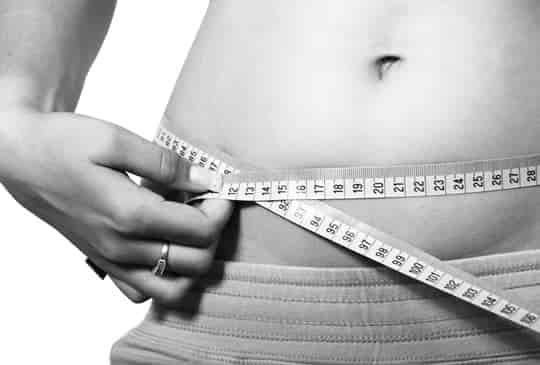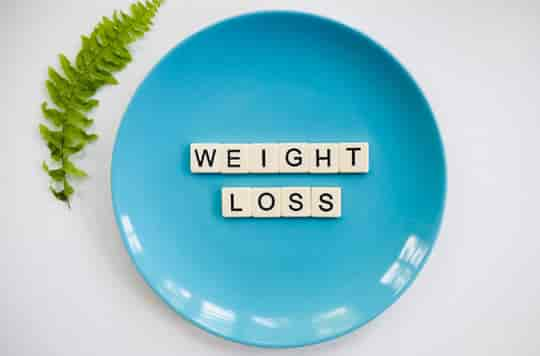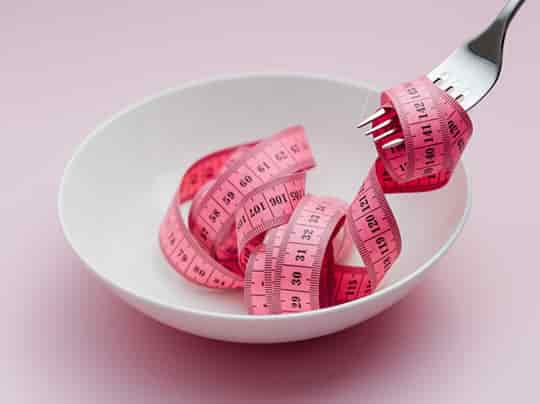These two treatment strategies might be the secret to maintaining weight loss.
Losing weight can be easier than avoiding regaining it.
However, Danish scientists have found a combined therapy to maintain weight loss, once it has been achieved.
In the study, obese participants, after an 8-week low-calorie diet, lost more than 13 kg.
After this initial weight loss, those who received an exercise program combined with obesity medication, saw twice the decrease of body fat than the other groups.
Nearly half of the world’s population is overweight and 1-in-6 are obese.
They face serious health consequences such as infertility, heart disease, diabetes, cancer, and premature death.
There are many successful plans for losing weight, but the problem is that most people will regain weight over time.
The Danish study reveals the possible ways to sustain weight loss over a long period of time.
The research team enrolled 215 Danes with obesity and poor fitness to take a low-calorie diet weight loss program for 8 weeks.
The subjects lost 13.1 kg plus a significant reduction in blood pressure and blood sugar levels during this period.
Then they were divided into four groups:
- One group received an appetite-inhibiting obesity medication (3.0 mg per day of liraglutide) only.
- A combination group received the obesity medication plus an exercise program.
- The other two groups received a placebo medication instead of liraglutide, however, one of these two group also did an exercise program.
The exercise program consisted of 75-minutes vigorous intensity activity or a 150-minutes moderate-intensity activity per week.
Nutritional and diet counselling were regularly provided for all the groups to maintain their healthy weight loss.
Professor Signe Sørensen Torekov, the study’s senior author, said:
“This is new knowledge for doctors, dietitians and physical therapists to use in practice.
This is evidence that we have been missing.
The problem is that people are fighting against strong biological forces when losing weight.
The appetite increases simultaneously with decreased energy consumption, and this counteracts weight loss maintenance.
We have an appetite-stimulating hormone, which increases dramatically when we lose weight, and simultaneously the level of appetite-suppressing hormones drops dramatically.
In addition, a weight loss can provoke loss of muscle mass, while the body reduces the energy consumption.
Thus, when the focus in obesity treatment has been on how to obtain a weight loss — rather than how to maintain a weight loss — it is really difficult to do something about your situation,”
The liraglutide (obesity medication) group and the exercise group still kept the 13 kg weight off while the placebo group put half of the weight back after one year.
The combination of liraglutide with the exercise showed amazing results as participants in this group lost 16 kg, twice as much body fat, increased muscle mass, lowered blood pressure, decreased blood sugar, and had better fitness levels than the other groups.
Professor Torekov said:
“It is an important aspect to highlight, as you do not necessarily get a healthier body from losing weight if, at the same time, you lose a lot of muscle mass.
It is great news for public health that a significant weight loss can be maintained with exercise for approximately 115 minute per week performed mostly at vigorous-intensity, such as cycling.
And that by combining exercise with obesity medication, the effect is twice as good as each of the individual treatments.”
The study was published in the New England Journal of Medicine (Lundgren et al., 2021).









